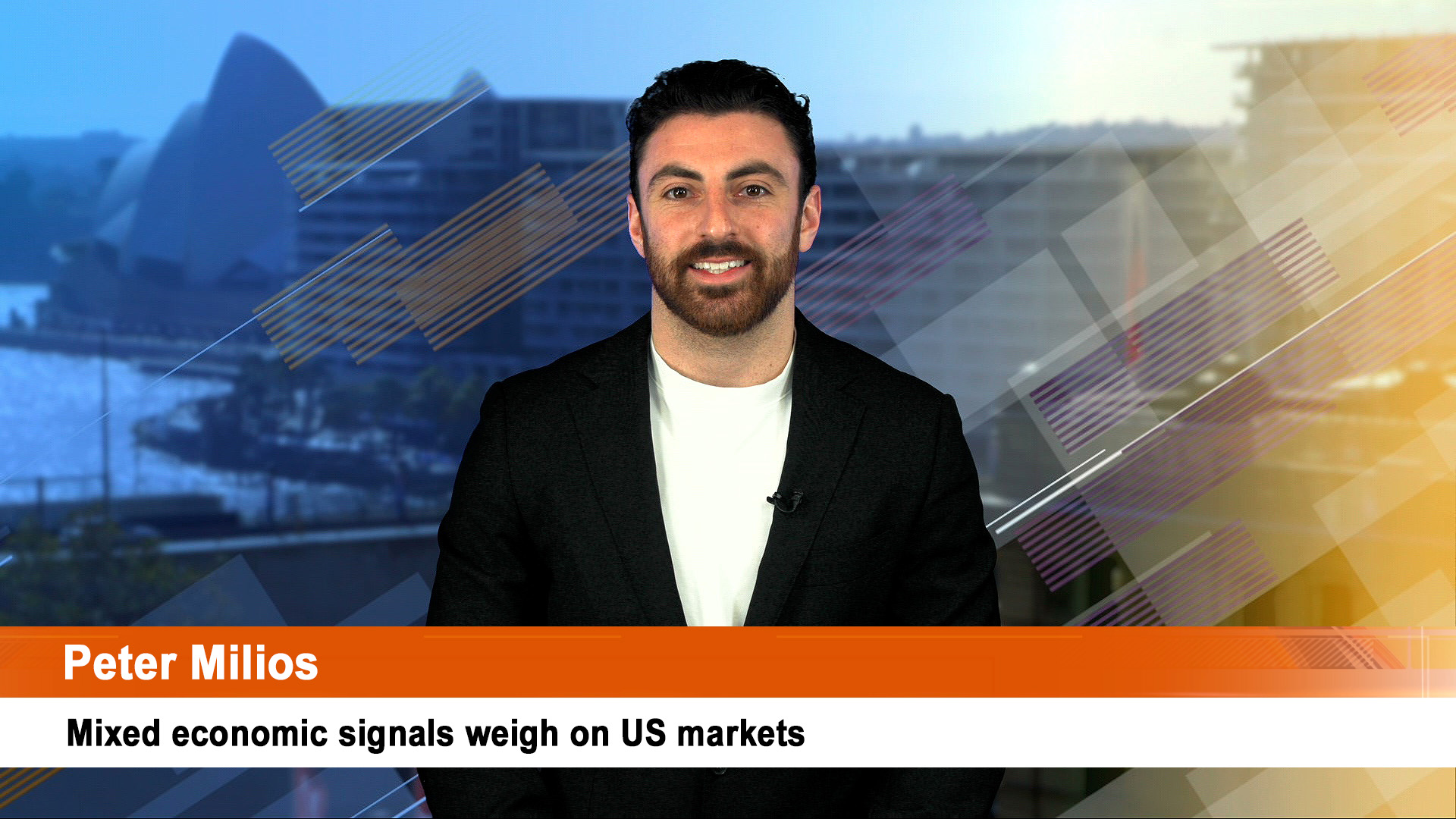Australia’s biggest retail landlord, Scentre Group couldn’t match the stellar performance of many of its biggest tenants in either the year to December.
While the likes of Coles, Woolies, Accent Group, The Shaver Shop, Super retail and Premier Investments did well, Scentre lost $3.7 billion as a write-down in the value of its centres midway through last year outweighed a recovery in rental income in the closing months.
That improvement wasn’t enough to convince the company to up its payout to investors for 2020 from the very low 7 cents a security – a third of 2019’s.
Many of the tenants did it tough – some more so than others, while a small group whined and moaned about rents (such as Premier Investments) and stopped paying them while the lockdowns stopped most retailing and sent consumers on line.
Despite bearing the brunt of last year’s tough social distancing rules, tenants across Scentre’s shopping centre portfolio are now paying full rent, bouncing back from the worst pandemic-struck months last year when payments plunged by two thirds.
Demand for space across Westfield’s “living centres” remains strong with its portfolio 98.5% leased at the end of December, Scentre CEO Peter Allen said in the company’s full year results on Wednesday.
Still the statutory loss of $3.7 billion for the year ending December 2020, was massive and a huge turnaround from the $1.8 billion statutory profit for 2019. It was also a reflection of the damage done to retailing generally by Covid. The number 2 centre group, Vicinity was another to write billions off the value of its centres as well.
Smaller cuts were made by other mall operators such as GPT and Stockland.
Revenue for 2020 was $2.2 billion a fall of 17.4% from 2019.
And stripping out the impairments, earnings before interest and tax (EBIT) was $1.4 billion for 2020 down nearly a quarter from the $1.9 billion in 2019.
But as news of vaccines emerged late in 2020 and the intensity and length of lockdowns eased, retailers reported higher foot traffic, sales and with those metrics came a return to rent payments.
That saw Scentre report a significant second-half boost in funds from operations (FFO) – an industry metric that excludes gains or losses from property valuations – to a total of $766 million for the year. At the halfway mark it was $362 million.
The year before, the group’s FFO was $1.3 billion.
“2020 was a challenging year and I am proud of how our people adapted to the conditions,” Mr Allen said on Wednesday.
“Whilst uncertainty remains in 2021, subject to no material change in conditions, the Group expects to distribute at least 14c per security for 2021,” Mr Allen said.
That will still be only two thirds of the 2019 level.
Despite pressure from COVID-hit retailers to move to a percentage of sales turnover model, Scentre has not changed the traditional fixed rent structure of its leases, it said.
It completed 2625 lease deals over the year, including 848 with new merchants, and reached commercial arrangements with 3,398 of its 3,600 retailers in relation to the government’s mandated Code of Conduct, aimed at providing rent relief to tenants.
“The group plans to retain earnings to cover operating and leasing capital expenditure, fund strategic initiatives and reduce net debt,” Mr Allen said.
Scentre’s payout for the year is 7 cents a share.
That’s down sharply on the 11.3 cents a security final for 2019 and the 22.6 cents a security distribution for all of that year. Scentre did not make an interim distribution in 2020 because of Covid.
Coles, Woolies and other listed tenants have lifted their December half year payouts to shareholders (Woolies lifted its payment by 15%. Coles by 10%).
Much of those gains though have come from online sales – nearly $3 billion alone in the December quarter by the two supermarket chains between them and over $2 billion for Wesfarmers as a whole (including Catch).













